Speaking at a recent seminar on the semiconductor industry, Deputy Minister of Science and Technology Tran Hong Thai said that managers and experts have temporarily defined the current state of Vietnam's semiconductor industry. Questions such as has Vietnam been able to produce semiconductor chips? Is the world giving Vietnam the opportunity to be a leading player in developing semiconductor chips in the world and the region... have been answered.
“In the semiconductor chip technology process chain, in terms of production, Vietnam has not yet produced anything but is only participating in design, packaging and testing. We also do not have raw materials for production. The added value we have achieved in this field is low. High-quality human resources are in great shortage, although we do have a team of engineers,” Deputy Minister Nguyen Hong Thai stated the current situation.

According to Deputy Minister Nguyen Hong Thai, if Vietnam continues to depend on FDI (foreign investment) enterprises, it will never master technology. It will forever be in the role of providing low-quality and low-income human resources, unable to develop.
“Of course, we must see that FDI is very important to Vietnam. We will have to rely on them to learn and master technology. But we have to go with them to participate,” the Deputy Minister of Science and Technology noted.
The Deputy Minister of Science and Technology said that the current low-quality human resources in the semiconductor industry are due to the unclear development policy mechanism. Enterprises such as Viettel, or universities have also begun to have plans to change the situation. But the connection to create an ecosystem is not enough. That ecosystem must start from the state management agency, followed by research institutes, universities. Then from the business sector, and finally from scientists and people.
“The Ministry of Science and Technology directs scientific research and technological research. The production strategy is the Ministry of Information and Communications. The role of the Ministry of Planning and Investment is to call for FDI connections and gradually develop Vietnamese enterprises… State management agencies must sit together and unify to have policies,” said Deputy Minister Nguyen Hong Thai.
“The Ministry of Science and Technology will guide national and ministerial-level topics on semiconductor microchips. This is a direction for universities to create conditions for masters and doctoral students to receive research support and participate in research,” Deputy Minister Nguyen Hong Thai affirmed.
Another solution, to contribute to promoting the training of high-quality human resources, is to allocate funds to send cadres abroad to study. The National Foundation for Science and Technology Development (NAFOSTED) currently has a policy of prioritizing sending young cadres to do research abroad.
“Recently, the leaders of the Ministry of Science and Technology have asked the fund's executive board to identify five priority areas each year. From now on, in addition to areas such as medicine, genetics, etc., semiconductor microchips will be prioritized. This is what has been lacking in recent years,” Deputy Minister Nguyen Hong Thai acknowledged.
“In the following years, we will prioritize young research groups. For a PhD with a 5-year project, we will support the salary of 3 staff. The salary may not be high, but it is enough for scientists to live. On this occasion, units need to find ways to attract national and international experts to research projects. Have a project, the Ministry of Science and Technology will have a mechanism to support,” the Deputy Minister of Science and Technology stated.

Expanding investment opportunities, developing artificial intelligence and semiconductors in Vietnam
Since the beginning of the year, Vietnam has continuously welcomed visits from leading business leaders in the fields of artificial intelligence and semiconductors. Most recently, Mr. Keith Strier, Vice President of NVIDIA Corporation (USA), came to Vietnam to sign a cooperation agreement with a large Vietnamese enterprise on research and production of semiconductor chips, following a visit by Nvidia President Jensen Huang.
Working with Minister of Information and Communications Nguyen Manh Hung, Nvidia Vice President Keith Strier stated that the goal of this visit to Vietnam is to realize the cooperation commitments on intelligence and semiconductors made in December 2023 between the Government, ministries and sectors of Vietnam and Mr. Jensen Huang.
Minister of Information and Communications Nguyen Manh Hung welcomed the cooperation proposals of Nvidia representatives in the Vietnamese market. The Minister said: The Vietnamese Government considers artificial intelligence as the key technology of the 4th industrial revolution, developing artificial intelligence applications is an effective solution for this technology to enter all aspects of life, improving work efficiency as well as the quality of life for each citizen.
Affirming the importance and attractiveness of the Vietnamese market in the field of semiconductors and information technology industry, the Minister said: Currently, Vietnamese digital technology enterprises have the capacity to invest in developing infrastructure, data centers, providing services and solutions on artificial intelligence domestically and internationally. The Vietnamese electronics industry is also attracting a lot of foreign FDI investment.
Seizing this opportunity, Nvidia should boldly invest and cooperate with Vietnamese enterprises to strongly develop this potential market with Vietnam. The Ministry of Information and Communications always accompanies and is ready to support so that enterprises of the two countries have a favorable environment to expand investment and development in Vietnam, Minister Nguyen Manh Hung suggested.
The two sides discussed the possibilities of cooperation in building supercomputing centers in Vietnam, cooperation in training human resources for artificial intelligence and the semiconductor industry, cooperation in developing an ecosystem for research, development and startups in AI, cooperation in transferring part of Nvidia's equipment production to Vietnam, and cooperation in building standards for data centers (DC).
In particular, the two sides agreed to cooperate to establish a training faculty specializing in artificial intelligence at the Posts and Telecommunications Institute of Technology, with support in training programs, documents and experts from Nvidia.
Source



![[Photo] Prime Minister Pham Minh Chinh chairs meeting to remove difficulties for projects](https://vstatic.vietnam.vn/vietnam/resource/IMAGE/2025/3/30/7d354a396d4e4699adc2ccc0d44fbd4f)



![[Photo] Ministry of Defense sees off relief forces to the airport to Myanmar for mission](https://vstatic.vietnam.vn/vietnam/resource/IMAGE/2025/3/30/245629fab9d644fd909ecd67f1749123)


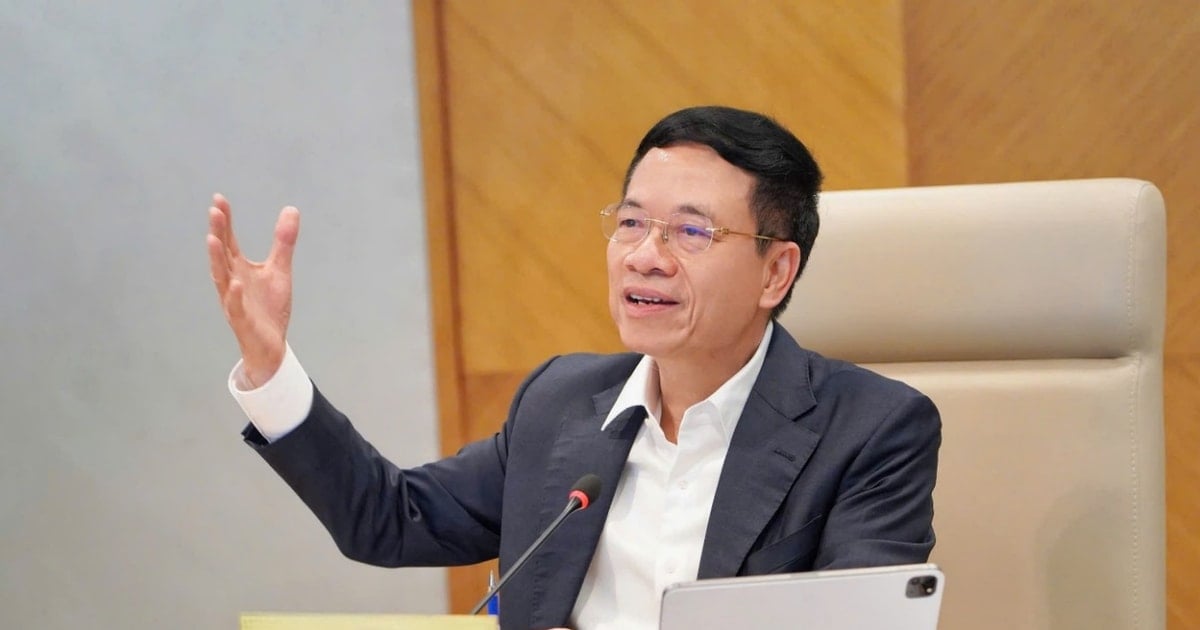

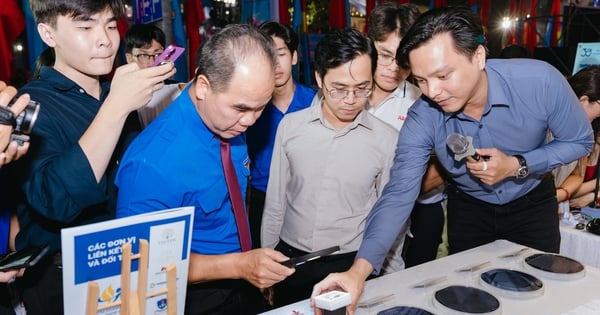
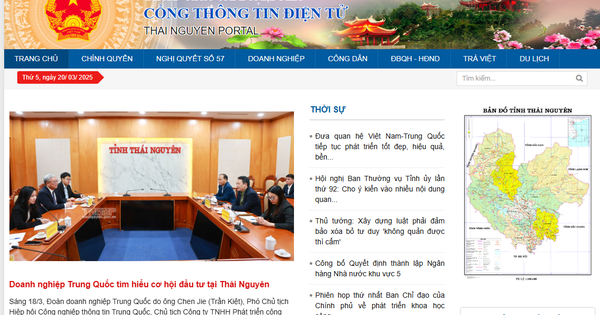

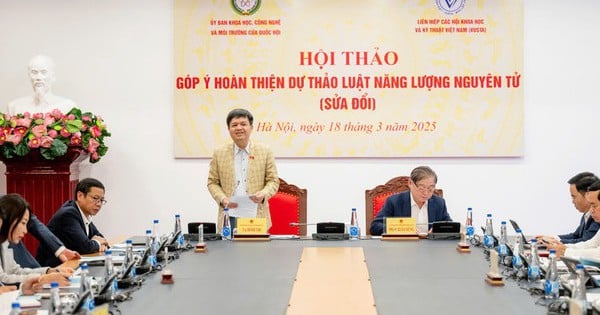
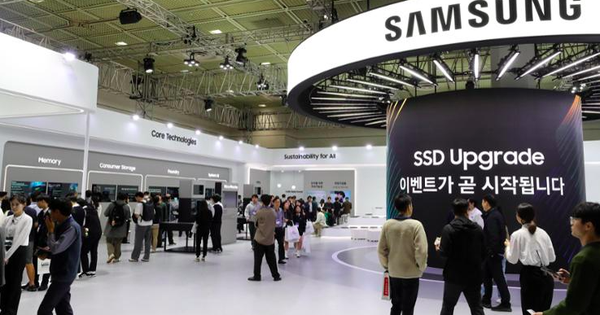


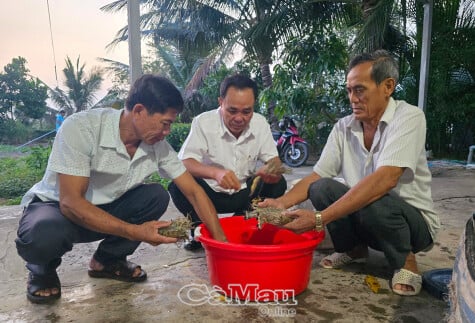


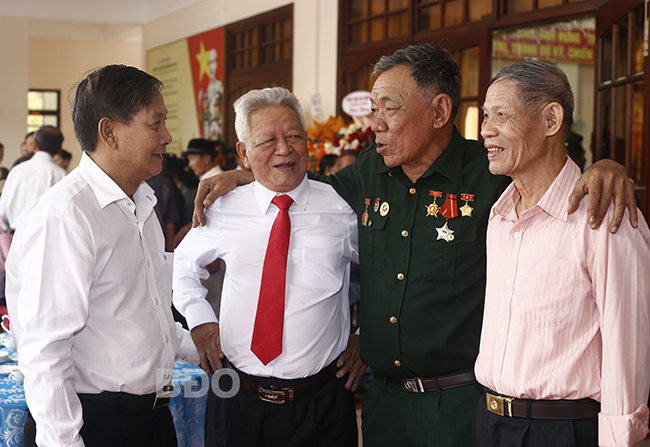




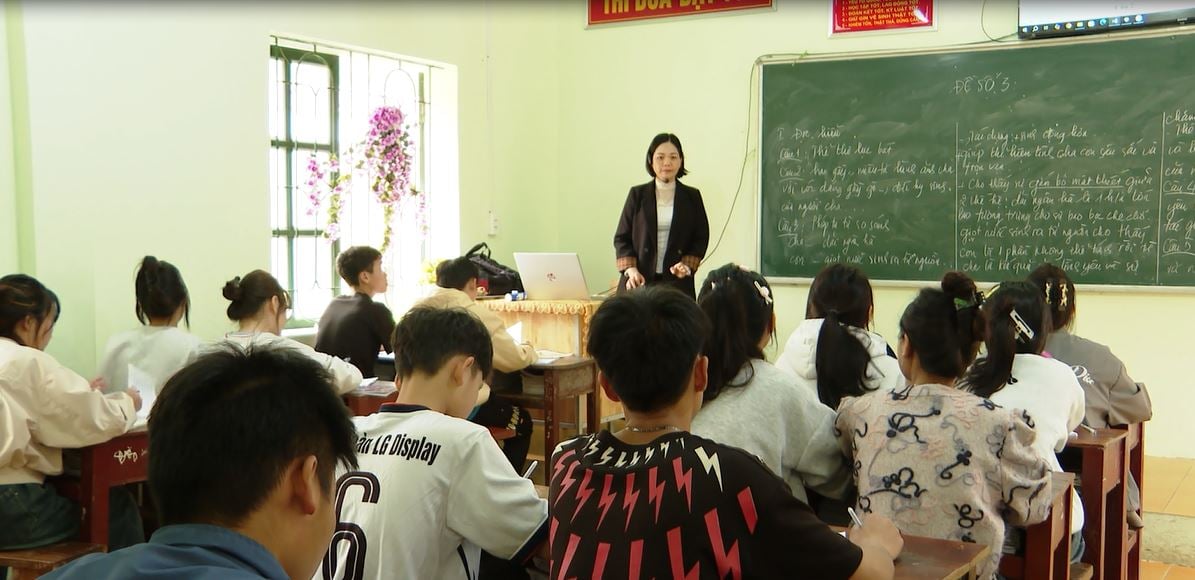





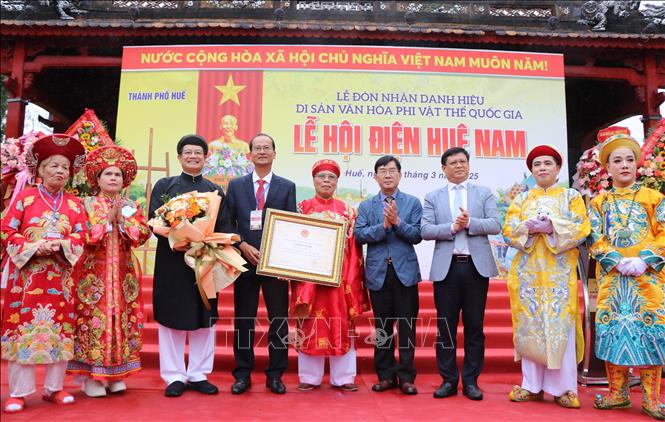



















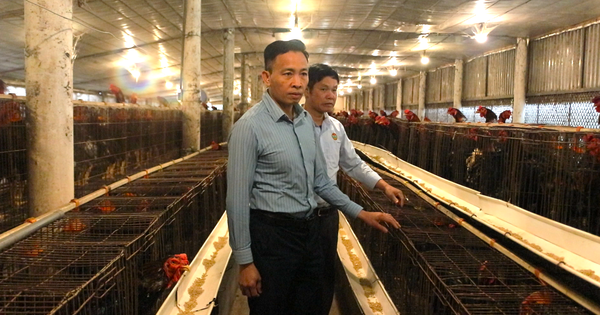









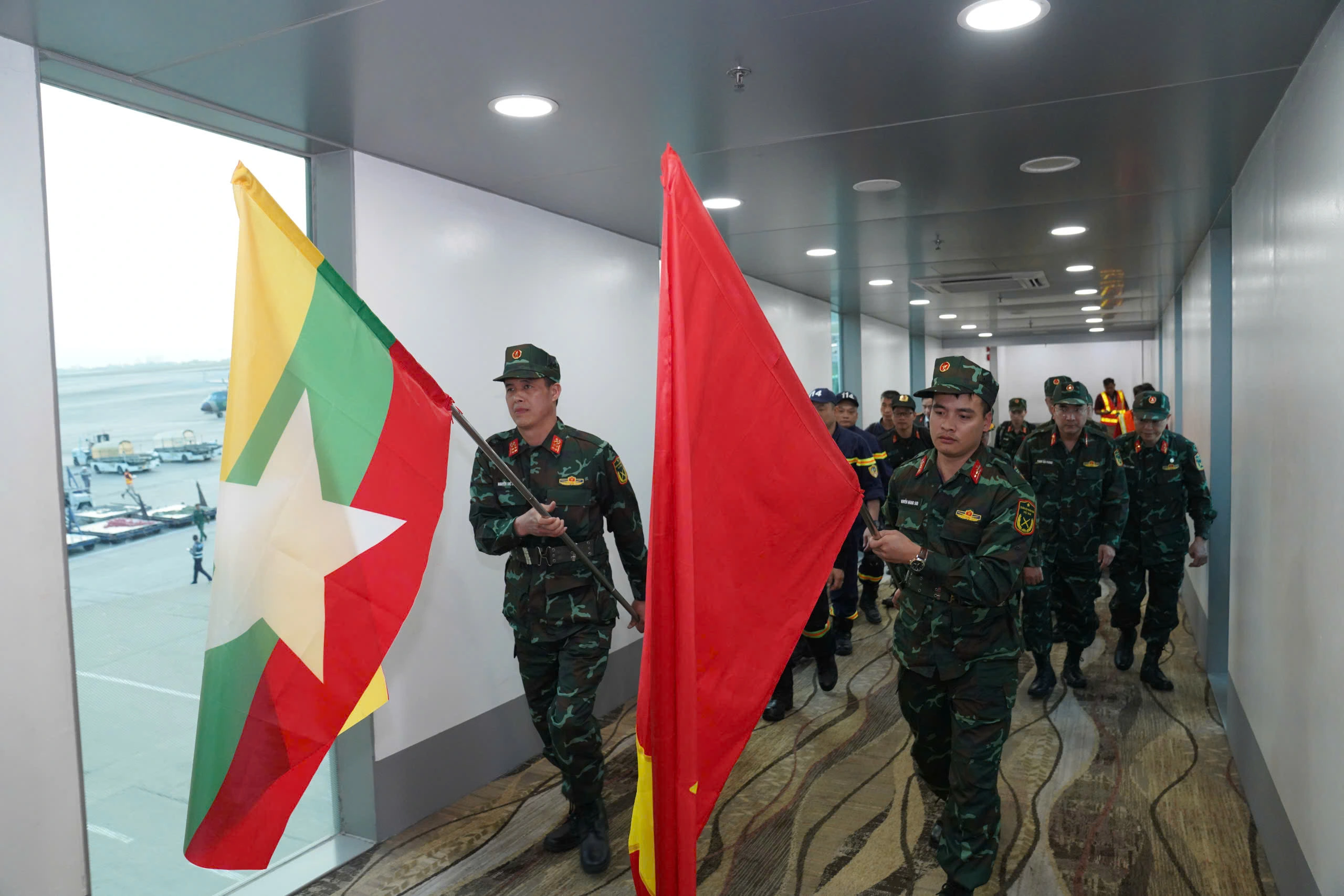





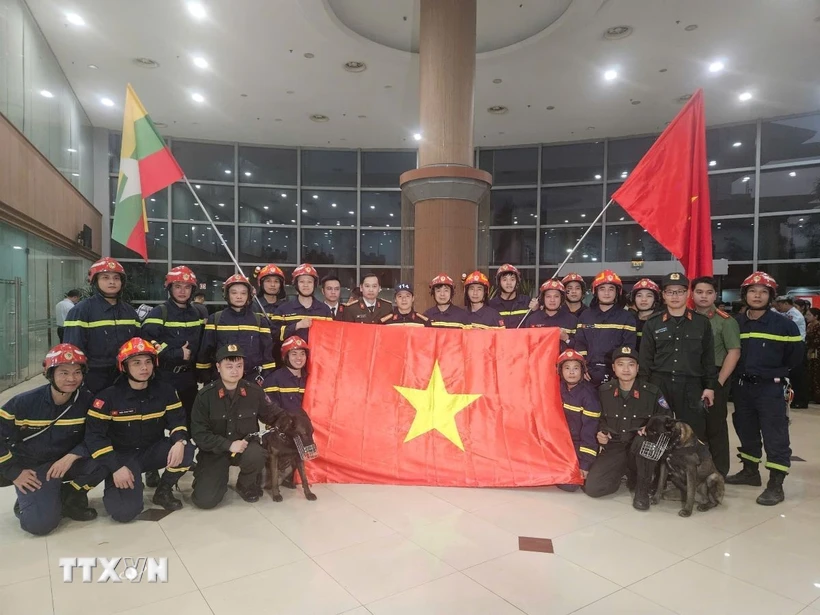
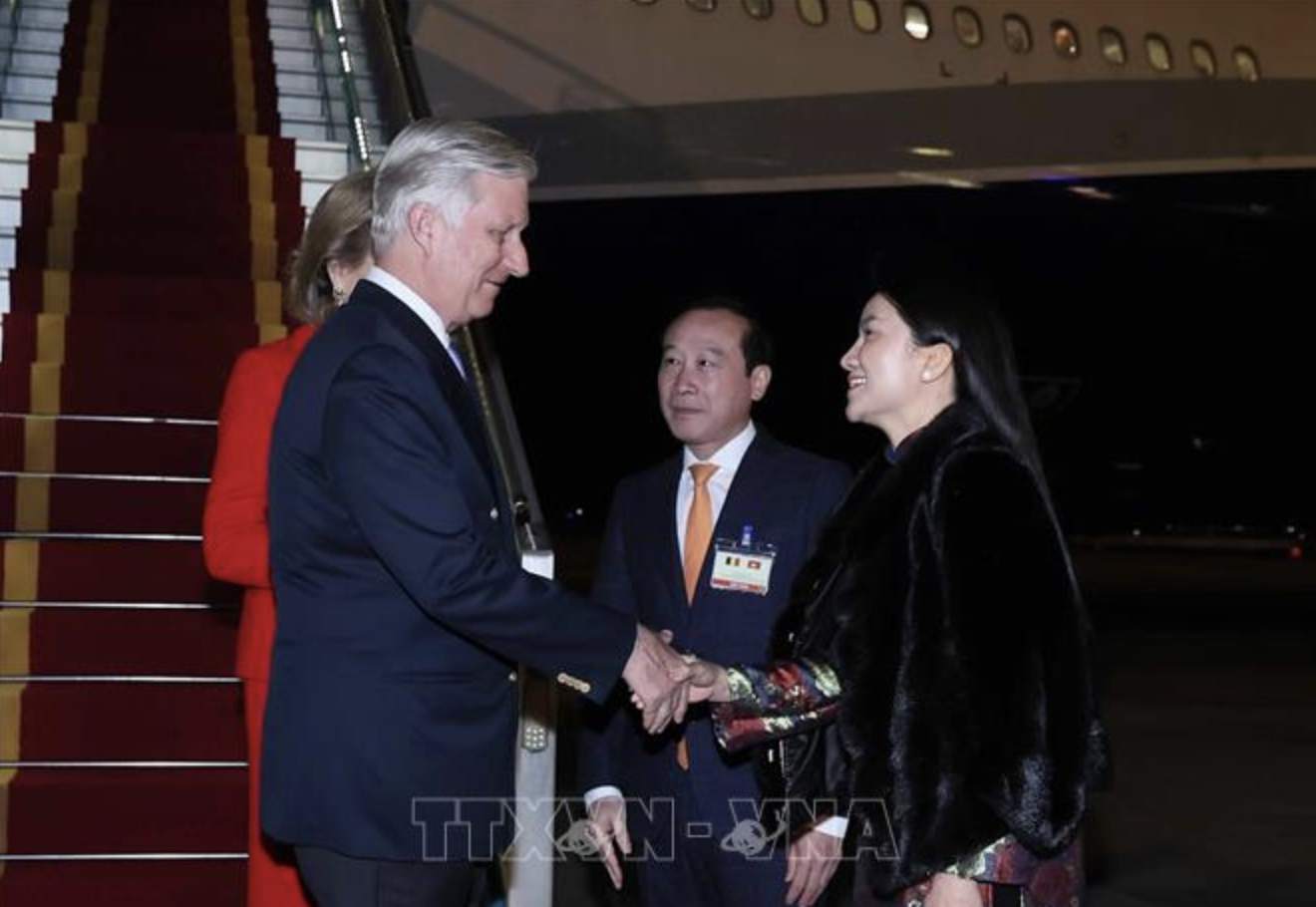
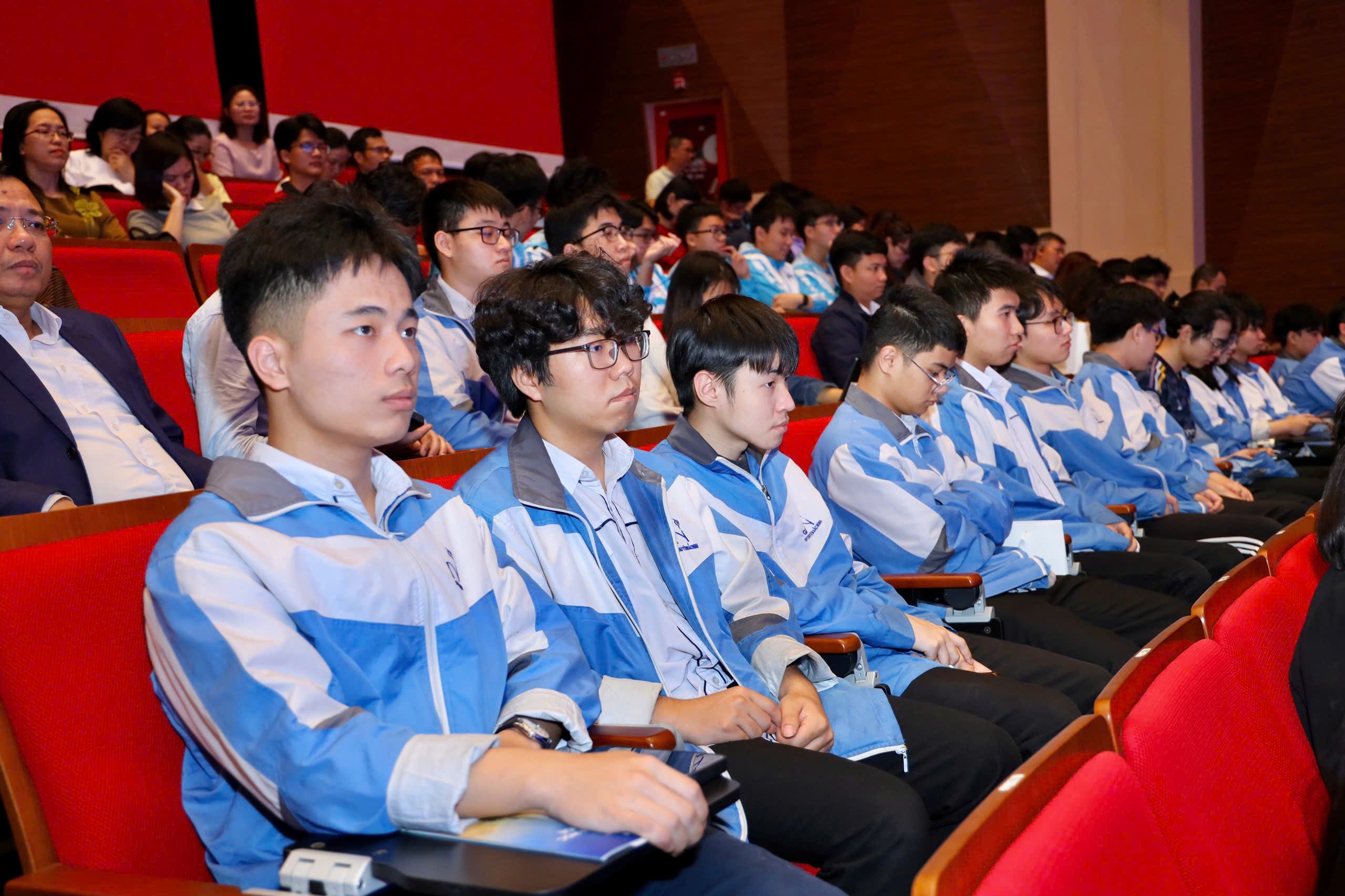

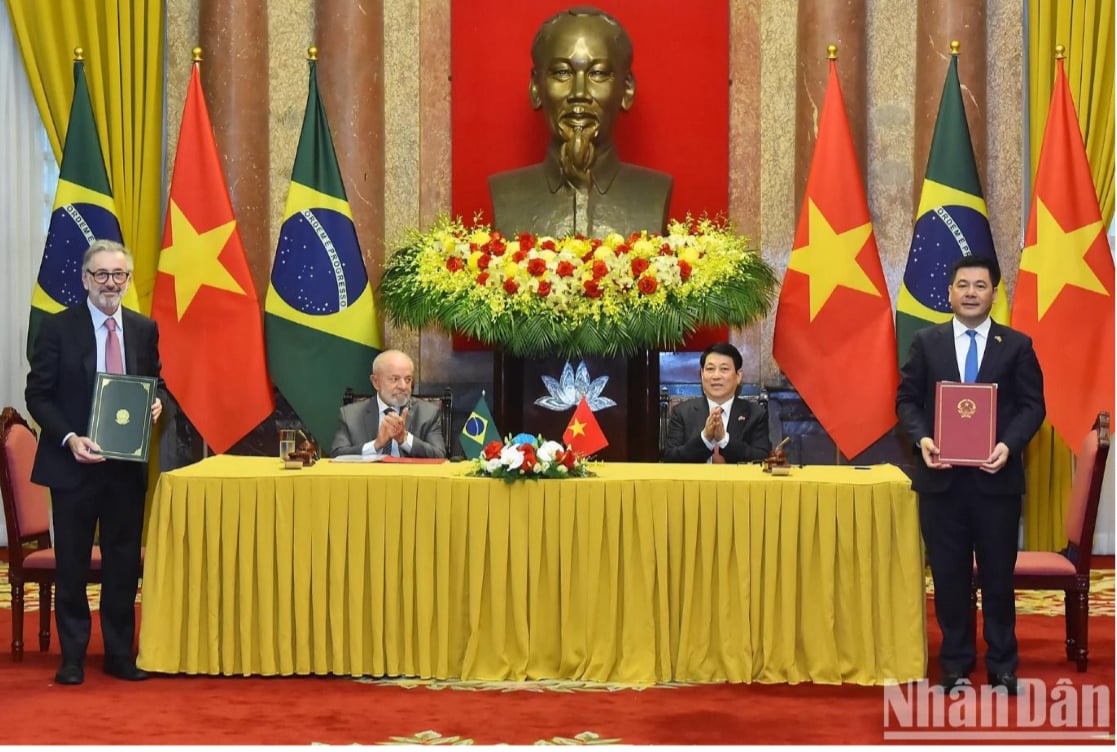




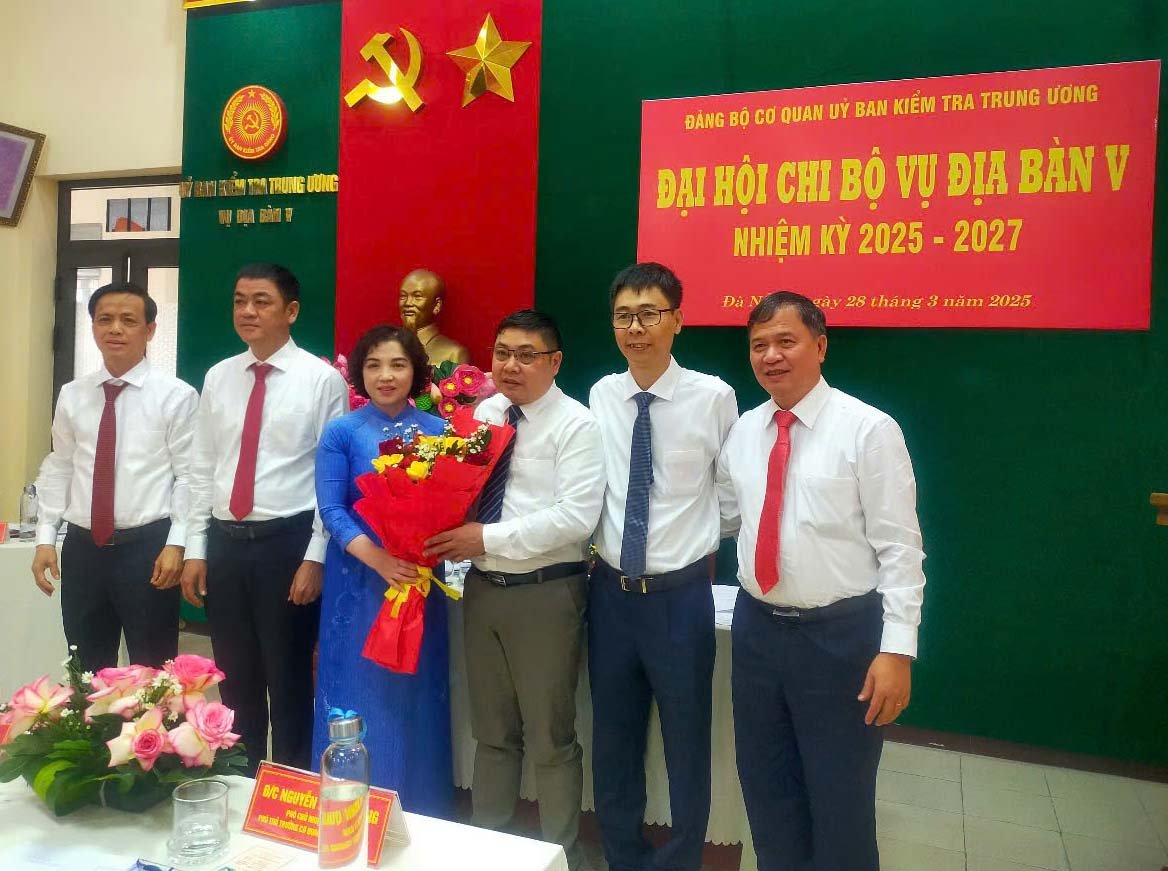

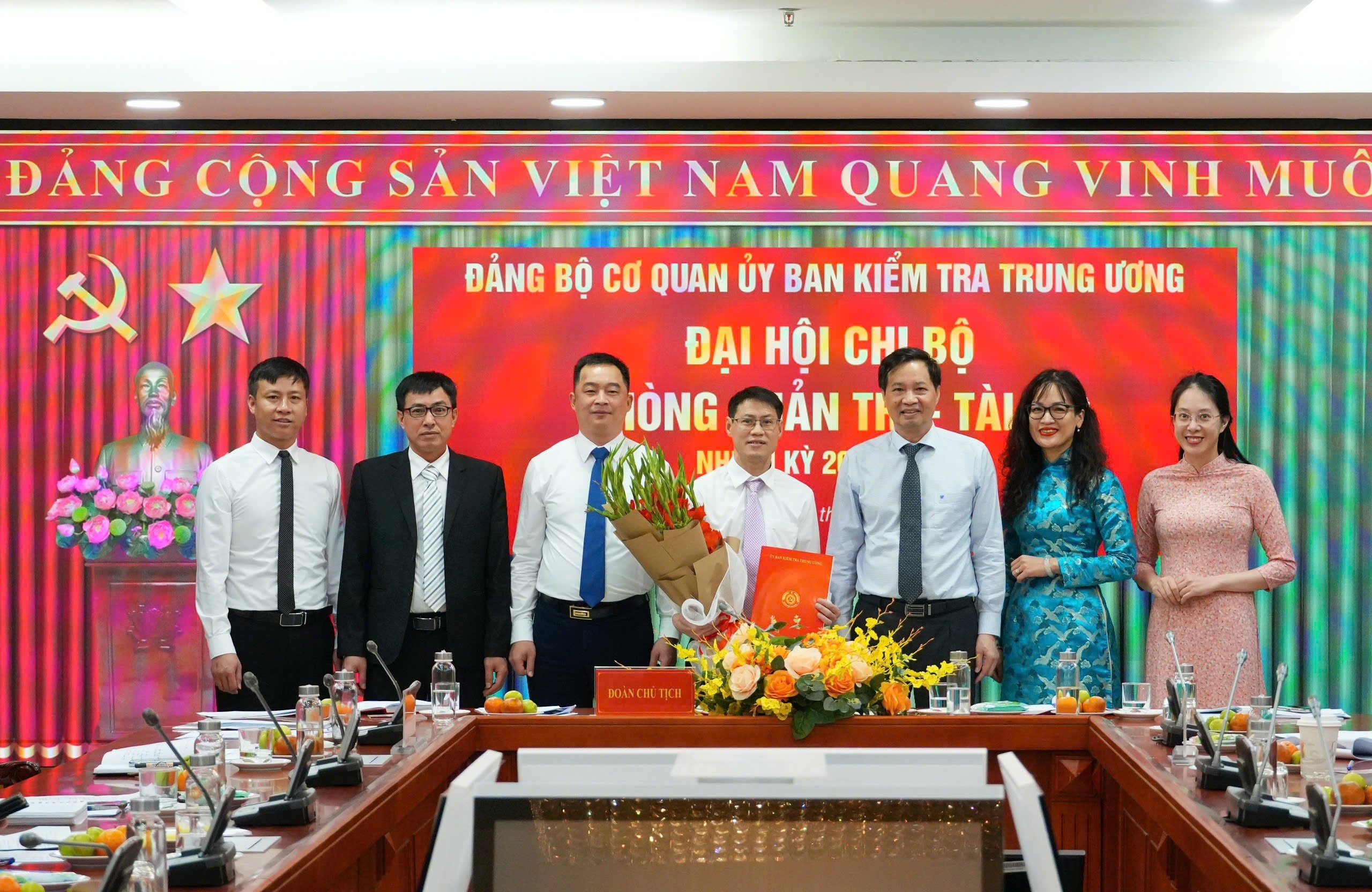


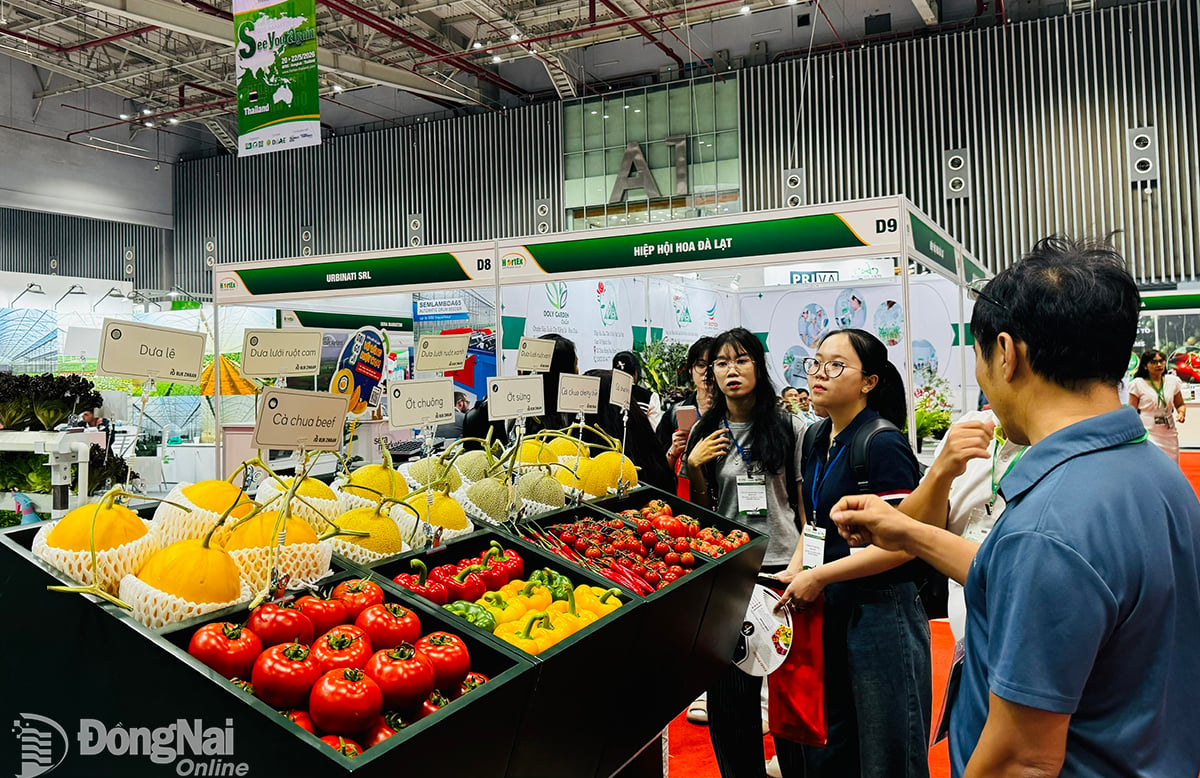



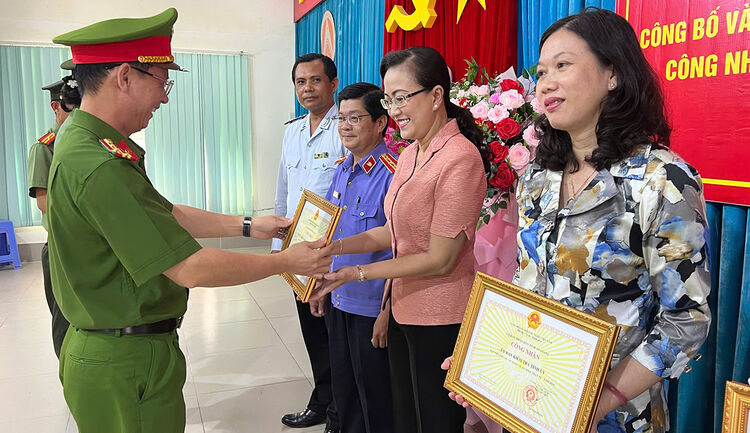
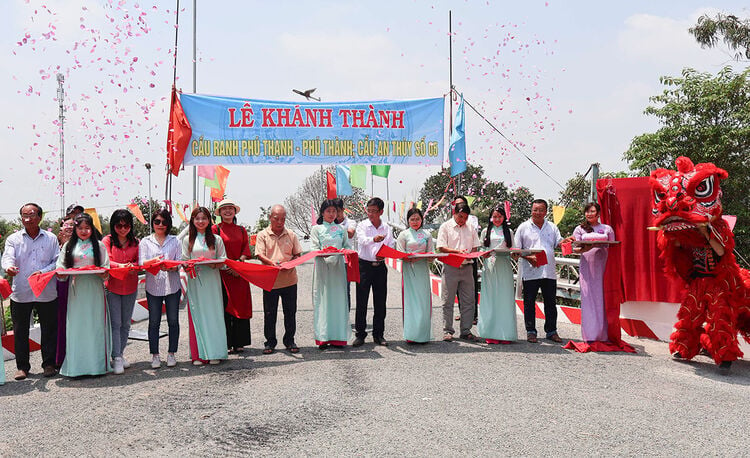
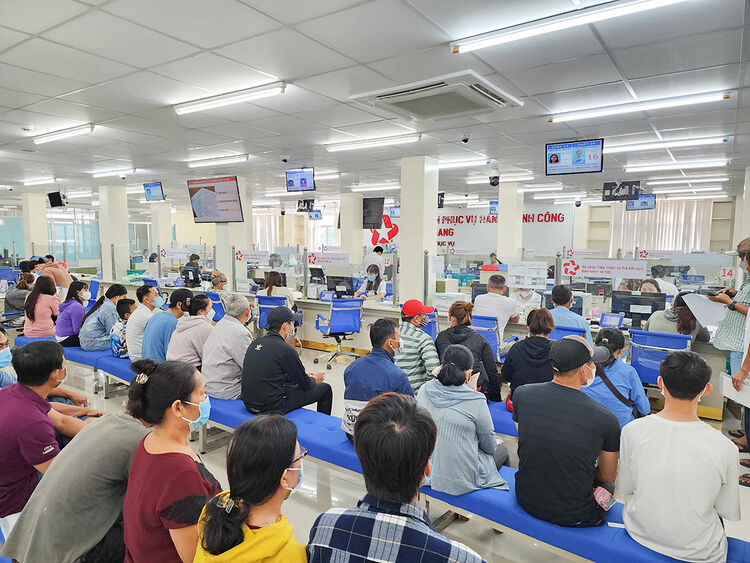




![[REVIEW OCOP] An Lanh Huong Vet Yen Cat](https://vstatic.vietnam.vn/vietnam/resource/IMAGE/2025/3/27/c25032328e9a47be9991d5be7c0cad8c)





Comment (0)